(from vargr: the institution of outlawry)
The association of outlaws and wolves is very strong in the Germanic cultures. The Old Norse word vargr (OSw: varghær, OHG: warg, OE: wearg ) has been translated in a number of ways, and several Indo-European root words have been claimed as its source. These include *wergh (“strangle”, via the Germanic *wargaz) (8) and the Germanic “wacrer” (to wander). The latter is the root for the modern English word vagrant. From the fact that the major component of outlawry was banishment, this last option seems to be the most likely source. Those who transgress against society are forced to wander from their homeland.
After the Christianization of Northern Europe, an additional aspect of being outside of the faith as well:
_Vargr_ is the same as _u-argr_, restless; _argr_ being the same as the Anglo-Saxon _earg_. _Vargr_ had its double signification in Norse. It signified a wolf, and also a godless man.(9)
One author holds that the association between wolves and outlaws seems to be a later phenomenon particular to the Norse cultures: …it is only late, and mostly in Norse, that vargr (cognate with warg) acquires the meaning "wolf" along with "criminal." In Old English, wearg means almost exclusively "criminal" or "accursed being." (10)
In Anglo-Saxon lands, the term “wolf’s-head” became an accepted term for criminals (11). This connection itself is not so simple as it may seem. At first view, it seems to be made due to the similarity in temperament between wolves and criminals. However, deeper meanings to this connection have been suggested. Some authors have suggested that the condemnation of an outlaw as vargr is a symbolic pronouncement that the man is now a wolf, and is worthy of strangulation (12).
Thus it is well seen that Sigi has slain the thrall and murdered him; so he is given forth to be a wolf in holy places , and may no more abide in the land with his father (13)
Völundur, Egill and Slagfinnur, the third son of Ívaldi, chose to become outlaws, and travelled all the way to the northernmost edge of the world, to Úlfdalir (Wolf-dales), where Gods never go. (14)
One author has suggested that there is also a symbolic connection between the transformation of men into wolves, and the feminization of men through the practice of Seidr magic and in playing the passive role in sodomy. The term ergi, may have applied to both of these receptive roles (15).
Subscribe to:
Post Comments (Atom)


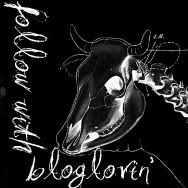

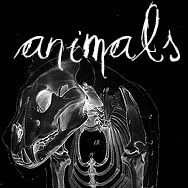
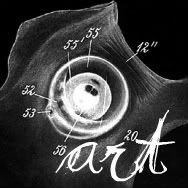

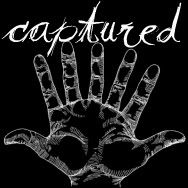
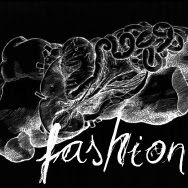
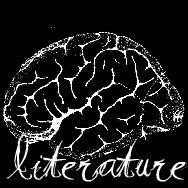
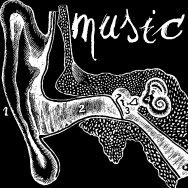
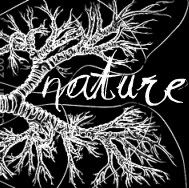
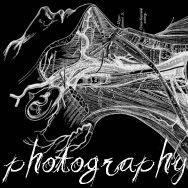
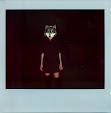

No comments:
Post a Comment